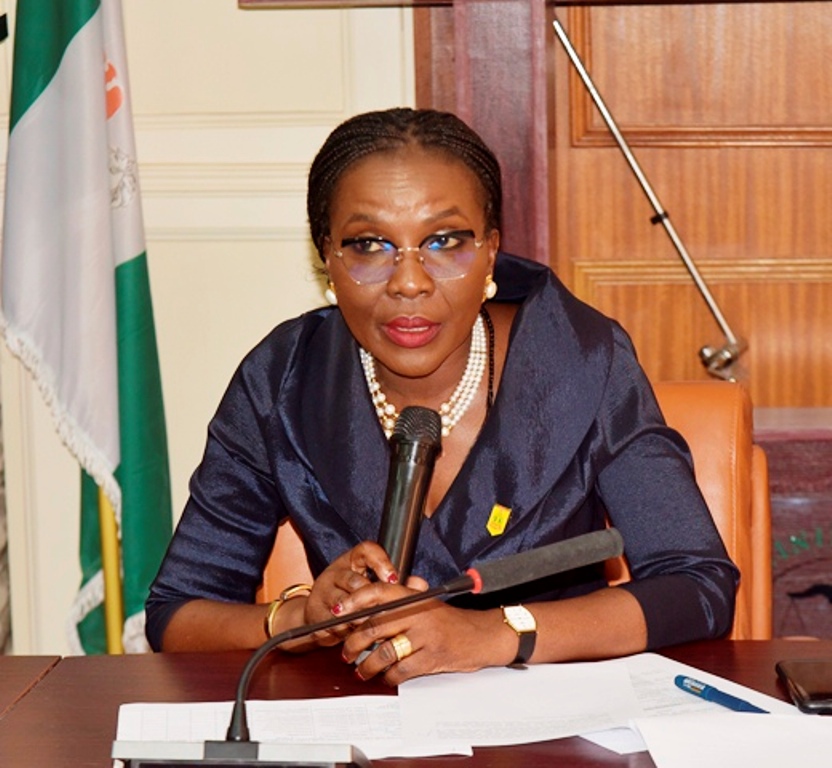The Ministry of Justice has not received any budgetary allocation for the settlement of judgment debts, the Solicitor-General of the Federation, Beatrice Jeddy-Agba, said.
Mrs Jeddy-Agba, who is also the Permanent Secretary in the Ministry of Justice, made this known in Abuja at a dialogue on accessing remedies for human rights violations in Nigeria.
The event was with the theme: ’Strategic dialogue on accessing remedies for human rights violations in Nigeria‘ was organised on the sidelines of the ongoing Nigerian Bar Association, NBA, conference in Abuja
Mrs Jeddy-Agba, represented by Enoch Simon, a director in the litigation department of the Attorney-General of the Federation’s office said:” since 2019, the Federal Ministry of Justice has not received any budgetary allocation for settlement of judgment debt”.
The solicitor-general decried that in spite of available legal framework in the country, the timely prosecution of fundamental right cases and enforcement of the resulting judgments, remained a major challenge for the government.
She said it was unfortunate that the ministry was often compelled to pay judgment debts that emanated from unlawful actions of law enforcement institutions and agents.
“Most often, security or law enforcement agencies are the actual judgment debtors since their actions and inactions occasion the infractions.
“However, the ministry of Justice is dragged into the arena either because the Attorney-General of the Federation is sued as a nominal party or the judgment creditor approaches the AGF to grant consent, pursuant to the provisions of section 84 (1-3) of the Sheriffs and Civil Process Act.
“As a matter of due process and FGN Financial Regulations, if is the policy of the Federal Ministry of Finance that payment of judgment debt by any agency must be based on clearance by the Attorney-General and requisite budgetary appropriation,” she said.
The solicitor-general said some of the debtor agencies do refer judgment debts to the Attorney-General for intervention.
Similarly, the Executive Secretary of the NHRC, Tony Ojukwu, SAN, said the Commission would in line with its mandate, continue to hold the government and its agencies accountable.
He maintained that under the NHRC Act, decisions of the commission are at par with high court judgements.
Meanwhile, in his remarks, frontline human rights activist, Femi Falana, SAN, said Nigerians must always stand up to defend their rights and demand strict adherence to the principles of the rule of law.
Mr Falana lamented that government does not pay any monetary judgment and therefore, called the people to demand for their rights when violated.
Speaking on the implementing the decisions of ENDSARS judicial panels of inquiry, Prof, Joy Ezelio, Dean Emeritus Faculty of Law, UNN said:” you cannot talk of justice without remedies.
”We must have a system that activates itself, unmet justice brings ugly side of the people.
”Why would a government not implement the recommendations of panels it setup ” she asked.
NAN






